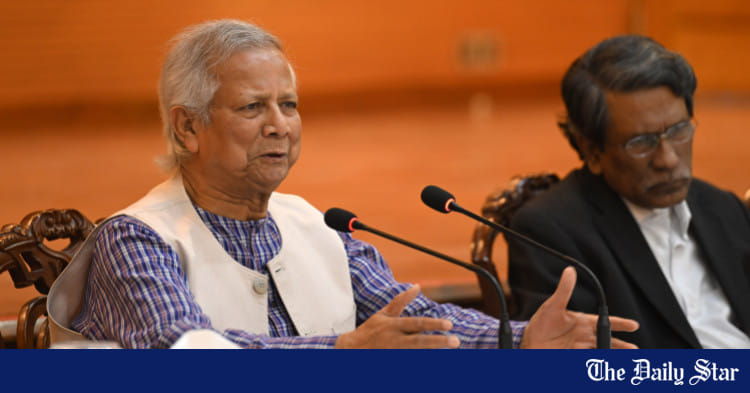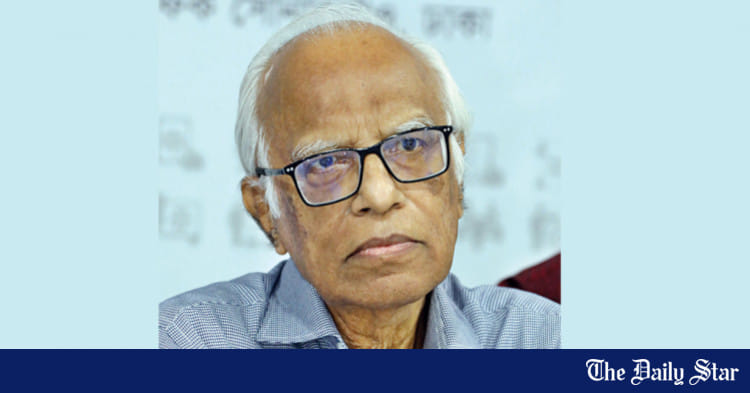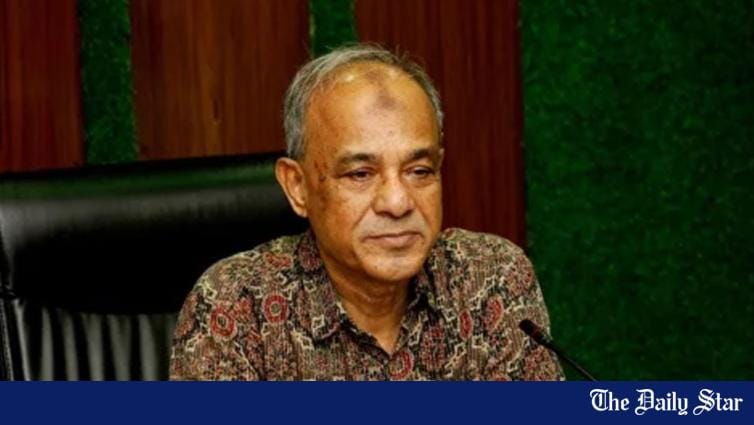Saif
Senior Operative
- 13,242
- 7,269
- Origin

- Axis Group

- Copy to clipboard
- Thread starter
- #153
Your observation is correctThe longer they wait to nab the AL activists and the longer they wait to roll out reforms, the more the lawlessness will be easy to exploit by AL.









